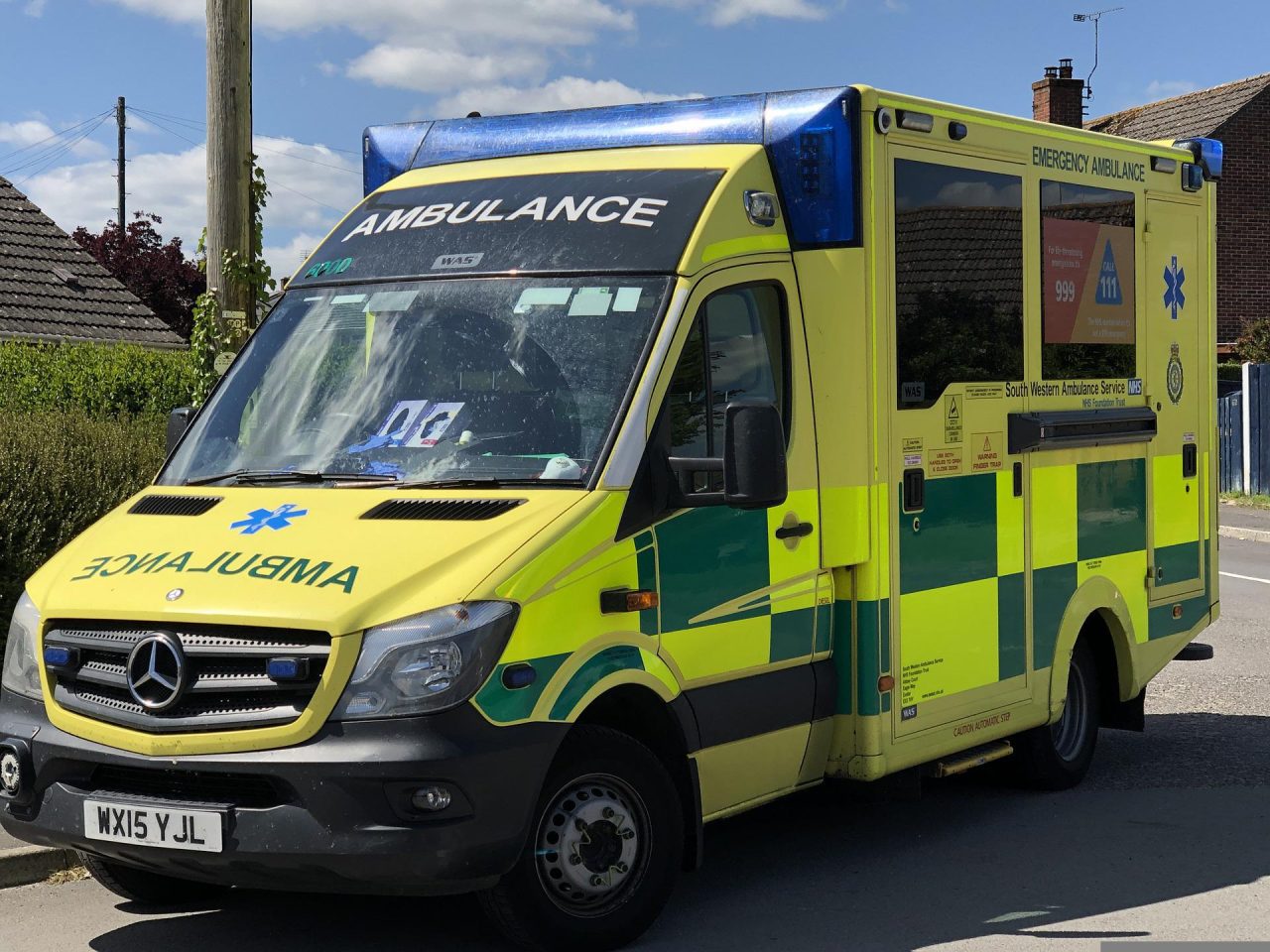Taxis are easing the pressure on ambulances

The NHS has been stretched to the limit by the pandemic and the backlog of patients whose appointments and procedures were put on hold.
There are regular news stories about patients waiting for hours in ambulances outside hospitals, as well as in A&E for up to 12 hours.
The BBC has revealed that as the health service tries to get back on track, bosses are turning to taxis to bring patients to hospital to ease the burden on the country’s ambulance services.
It found that after an ambulance had been called, in certain cases, hospitals have used taxis to transport patients aged three to 103, although it has been made clear that the patient’s condition and needs were thoroughly checked beforehand and only those with the lowest risk were picked up by a taxi.
Using the Freedom of Information Act, the BBC found that between April, 2021, and January, 2022, there were more than 24,000 journeys in England, Scotland and Wales where a taxi was sent following a 999 or 111 call.
The NHS said that this represents only a small percentage of patients and stressed that no patients classed as “immediate, life-threatening” – had been taken to hospital by taxi.
A spokesman told the BBC: “These figures account for just 0.3% of ambulance call-outs from April to January.
“Emergency ambulances are sent to life-threatening 999 calls, and taxis are only used to transport other patients when it is clinically appropriate and the patient agrees.
“It remains important that anyone needing emergency care dials 999, and the public use 111 online and local pharmacies for other health issues and advice.”
We have spoken a lot recently about the many different situations in which taxi drivers have come to the rescue.
They helped athletes and fans get around at the Commonwealth Games in Birmingham last month during the rail strike.
They have also been the go-to mode of transport during all the disruption at ports and airports as passengers face lengthy delays or have been left stranded by cancelled journeys.
In consultations about taxis, transport and EVs, the Government recognises the importance of the taxi fleets to the communities they serve, especially those who are vulnerable.
It is testament to the professionalism of taxi drivers that hospital bosses feel they can turn to them to help carry low-risk vulnerable passengers as a last resort.
But, understandably, some taxi firms and drivers feel uncomfortable with the responsibility of taking a patient to hospital.
The BBC spoke to one taxi manager who said it was unfair to call on taxi drivers – who do not have first-aid or medical training – to take patients to hospital. The manager felt it was also unfair on patients who would have medical care at hand if they were in an ambulance and their condition deteriorated on the journey to hospital.
The NHS insists that an ambulance will always be made available if there are questions about the condition of a patient and the suitability of being transported by taxi.
It is understandable that this is a contentious issue and not all drivers will feel comfortable transporting someone who – although deemed low risk – could become ill during the journey. They are well within their rights to refuse the fare. After all, the patient’s condition was deemed serious enough in the first place to call an ambulance.
For those that choose to accept the fare, they are only expected to treat the patient like any other passenger, and no medical training or intervention is necessary. If anything happens during the journey, as with any other passenger, they should call 999 for help.
It is a difficult situation but, as they always do, taxi drivers are getting people where they need to go and should be proud that they are being trusted to help.






